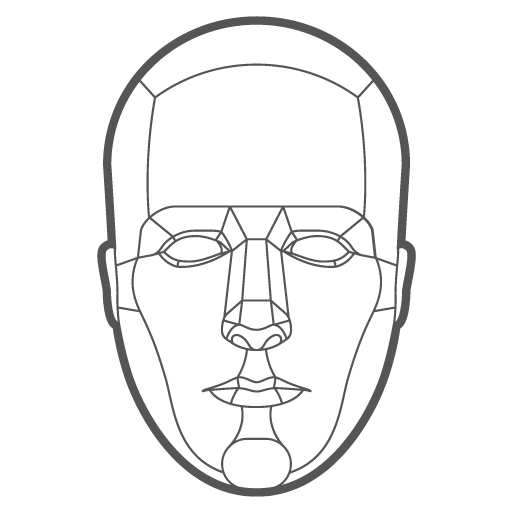All knowledge rests on the following 3 axioms. All principled thinking depends on these axioms.
Axiom 1: Existence exists or in other words reality is real. Existence is independent of consciousness. This is a self-evident axiom because a conscious person can only reject existence after first presuming his own existence. Existence is the widest of all concepts. It includes all that is known and unknown. I am going to call things that exist in reality “existents.”
Axiom 2: Consciousness exists. Consciousness is the awareness of existents.
Axiom 3: The law of identity. The first two axioms imply the law of identity. Consciousness can identify existents. The identity of an existent is its identity. If we substitute the word identity for the symbol “A” we know that ‘A’ = ‘A’. This means that ‘A’ cannot equal ‘not A’
The law of identity implies the law of causality. The law of causality is the law of identity applied to action. The law of causality is the foundation for our understanding of natural laws. It in turn implies position symmetry and time symmetry. Position symmetry means that existents have the same identity no matter where they are in reality. Time symmetry means that existents have the same identity regardless of when they are in reality.
The law of identity also implies the law of non-contradiction. This is another axiom. It shows that contradictions cannot exist in reality. The law of non-contradition is the foundation of logic. Logic provides the foundation for mathematics. Logic is the key to understanding the universe. Reality sans logic would be unintelligible. By rejecting the axioms one necessarily destroys their ability to think.
These axioms are the foundation of knowledge. The systematic application of the axioms validates scientific inquiry. No consciousness in the universe can change these axioms—not even God. Causality, Logic, and Mathematics are necessarily the same in every time and in every place.
